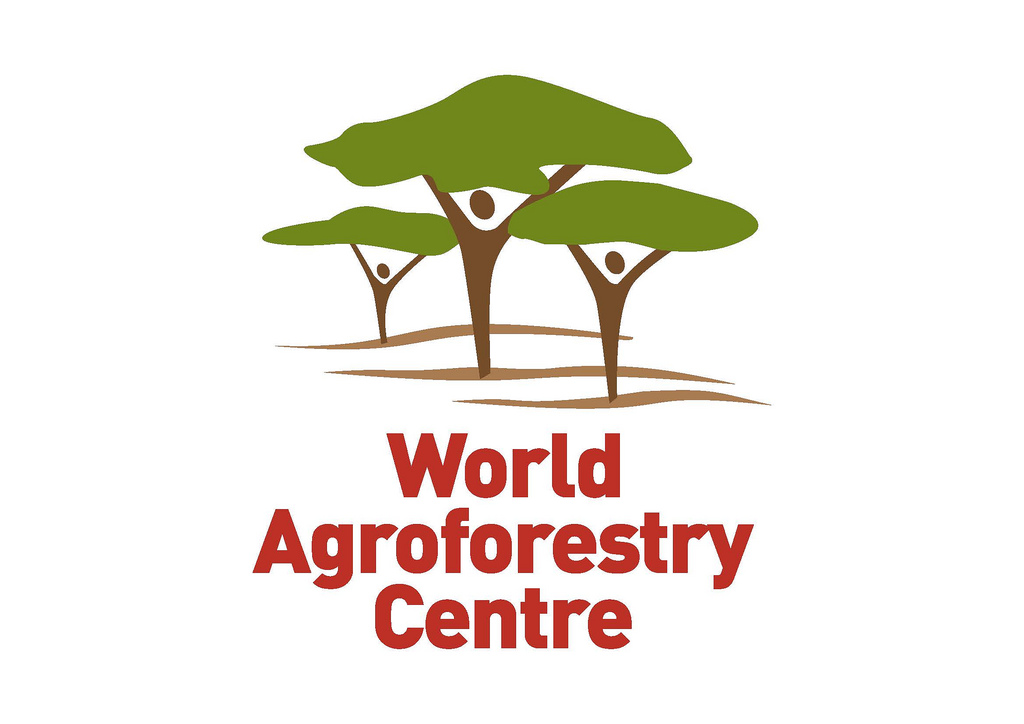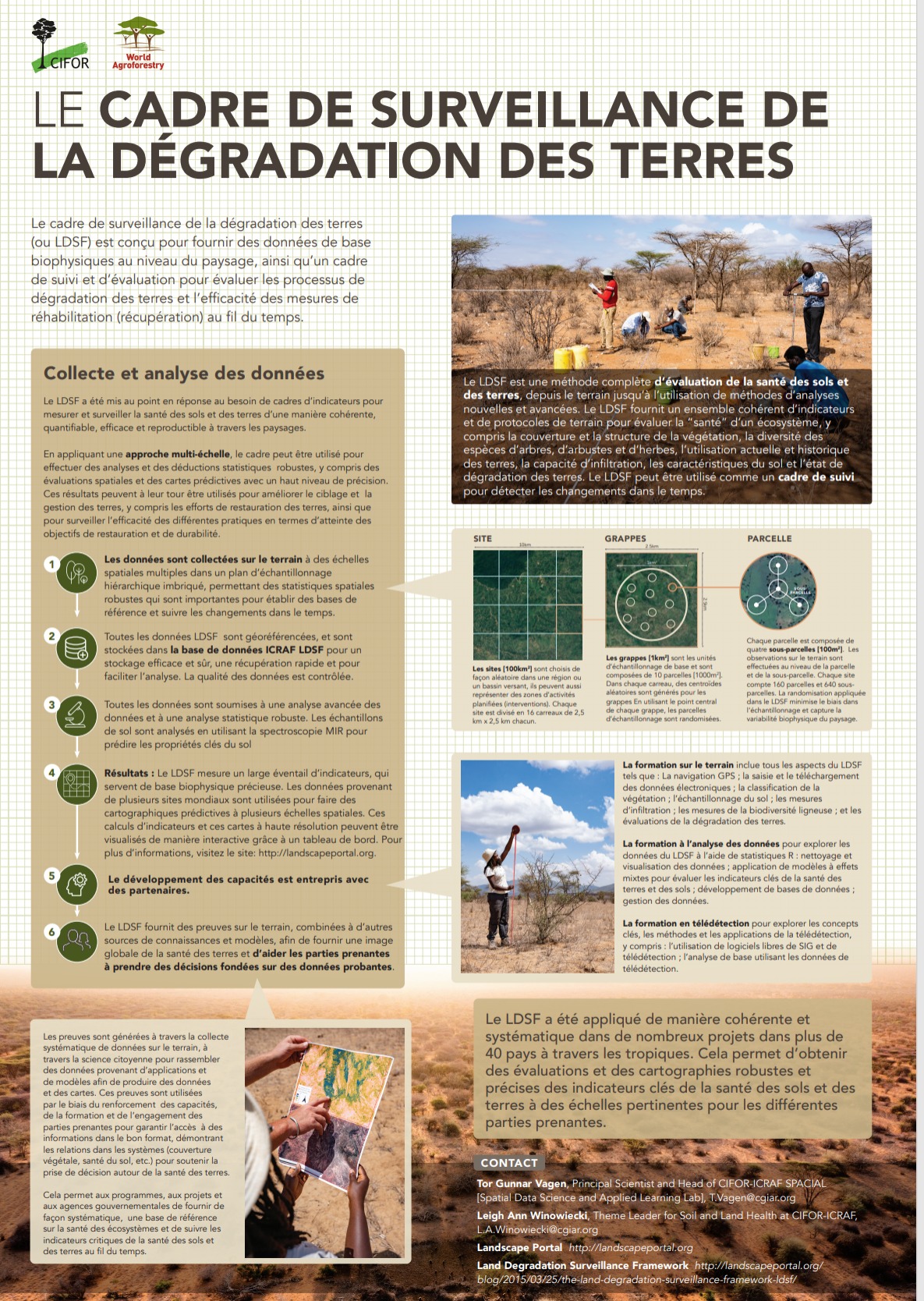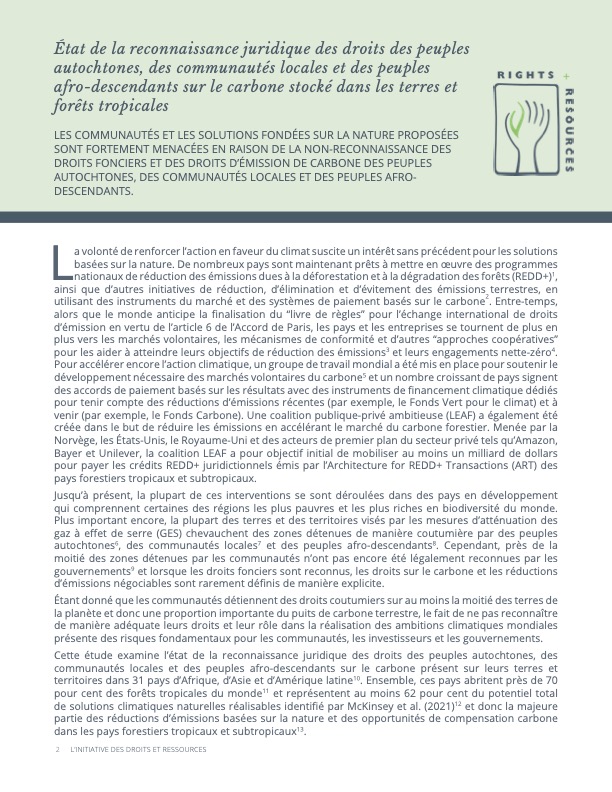Location
The World Agroforestry Centre (ICRAF) is a CGIAR Consortium Research Centre. ICRAF’s headquarters are in Nairobi, Kenya, with six regional offices located in Cameroon, China, India, Indonesia, Kenya and Peru.
The Centre’s vision is a rural transformation throughout the tropics as smallholder households increase their use of trees in agricultural landscapes to improve their food security, nutrition security, income, health, shelter, social cohesion, energy resources and environmental sustainability.
ICRAF's mission is to generate science-based knowledge about the diverse benefits - both direct and indirect - of agroforestry, or trees in farming systems and landscapes, and to disseminate this knowledge to develop policy options and promote policies and practices that improve livelihoods and benefit the environment.
The World Agroforestry Centre is guided by the broad development challenges pursued by the CGIAR. These include poverty alleviation that entails enhanced food security and health, improved productivity with lower environmental and social costs, and resilience in the face of climate change and other external shocks.
ICRAF's work also addresses many of the issues being tackled by the Sustainable Development Goals (SDGs) that aim to eradicate hunger, reduce poverty, provide affordable and clean energy, protect life on land and combat climate change.
Members:
Resources
Displaying 6 - 10 of 146Le cadre de surveillance de la dégradation des terres
Le cadre de surveillance de la dégradation des terres (ou LDSF) est conçu pour fournir des données de base biophysiques au niveau du paysage, ainsi qu’un cadre de suivi et d’évaluation pour évaluer les processus de dégradation des terres et l’efficacité des mesures de réhabilitation (récupération) au fil du temps.
Rapport : État de la reconnaissance juridique des droits des peuples autochtones, des communautés locales et des peuples afro-descendants sur le carbone stocké dans les terres et forêts tropicales
Cette étude examine l’état de la reconnaissance juridique des droits des peuples autochtones, des communautés locales et des peuples afro-descendants sur le carbone présent sur leurs terres et territoires dans 31 pays d’Afrique, d’Asie et d’Amérique latine.
Regreening Africa: A bottom-up transformation of degraded lands
It is estimated that 20% of global land is either degraded or undergoing degradation, leading to an annual loss of 12 million hectares of productive land (UNCCD 2017). In Africa, some 715 million ha are degraded, including 65% of all arable land, 30% of all grazing land and 20% of all forests. This is due to increasing populations, poor land management, institutional challenges and climate change (Gnacadja and Wiese 2016).
Regreening Africa: Consolidated Baseline Survey Report
The United Nations General Assembly declared 2021 to 2030 as the decade of ‘ecosystem restoration’, signalling a global consensus on the urgency to restore degraded lands. Restoring degraded lands is critical to regain lost ecological functionality that underpins life-sustaining ecosystem services, such as the provision of food, fresh water, and fibre, and the regulation of climate, natural disasters, and pests. Indeed, restoration is fundamental for meeting the triple goals of tackling the climate crisis, reversing biodiversity loss, and improving human wellbeing.
Agroforestry for climate-resilient landscapes
RECOFTC, in partnership with ICRAF, has developed a regional training manual on agroforestry for climate-resilient landscapes with the objective to train future extensionists and practitioners working on agroforestry. To ensure the efficacy of the manual, each training sessions has been tested with a range of audiences at national and international levels. These include mid-level government officers, NGO staff and academics from Thailand, Myanmar and Viet Nam.





